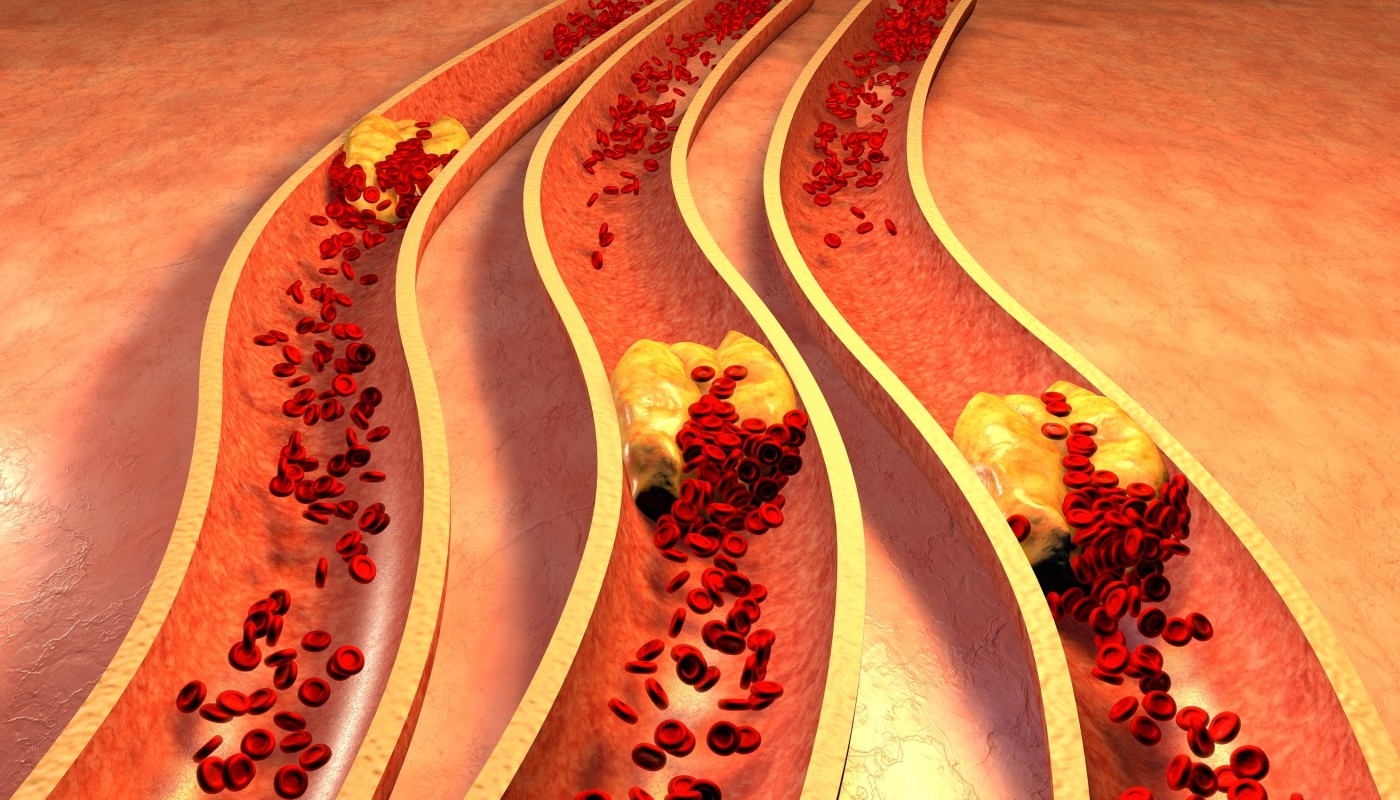In a new study entitled “Triglyceride-Rich Lipoproteins Modulate the Distribution and Extravasation of Ly6C/Gr1low Monocytes”, scientists discovered that monocytes, key cells of the immune system, in response to high fat levels in the blood can increase tissue damage in organs throughout the body. The study was published in the journal Cell Reports.
Part of the immune system, monocytes are a heterogeneous population of white blood cells responsible for maintaining and restoring tissue integrity. The accumulation of saturated fats in the blood creates a hyperlipidemic environment, where monocytes were shown to ingest excess lipids leading to their activation via multiple signaling pathways, culminating in an increased secretion of pro-inflammatory cytokines. However, which lipids induce monocyte alterations remains poorly understood as well as which type of monocytes respond to this lipid increase.
A team of scientists at the Imperial College London tackled these questions and studied mice with an unusually high level of saturated fat circulating in their blood. Dr. Kevin Woollard, one of study lead authors explained in a news release, “The mice we studied were treated with a drug that caused them to accumulate extremely high levels of fat in their blood. Although it is unusual, humans do sometimes have measurements approaching those levels, either from an inherited condition, or through eating fatty foods.”
The team discovered that as fat accumulates in organs throughout the body, monocytes transform into other immune cell, macrophages, and cells within tissues ingest fat and are transformed into ‘foam cells’. Both macrophages and foam cells secrete higher levels of chemokine CCL4 thereby stimulating the extravasation of blood monocytes and their accumulation within the tissues. The continuous high levels of saturated fat foster this process, authors showed. Particularly interesting is the fact that authors observed that a single, specific type of monocytes mediates this phenomenon.
Thus, in the future, patients at risk of cardiovascular diseases, as a result of high levels of fat in their bloodstream, may receive a therapeutic agent targeting this specific type of monocytes, thereby preventing the damage induced upon their accumulation within tissues.
Dr. Woollard commented on these findings, “It’s really exciting to see that the monocytes that migrate into tissues are all of one type and that means we actually may be able to develop drugs that change this behavior. Interestingly, people with certain immune disorders affecting monocytes, including some inflammatory and autoimmune diseases like lupus, can have unexpectedly high levels of saturated fats in their blood and also are more likely to suffer heart attacks and strokes at a younger age.”


